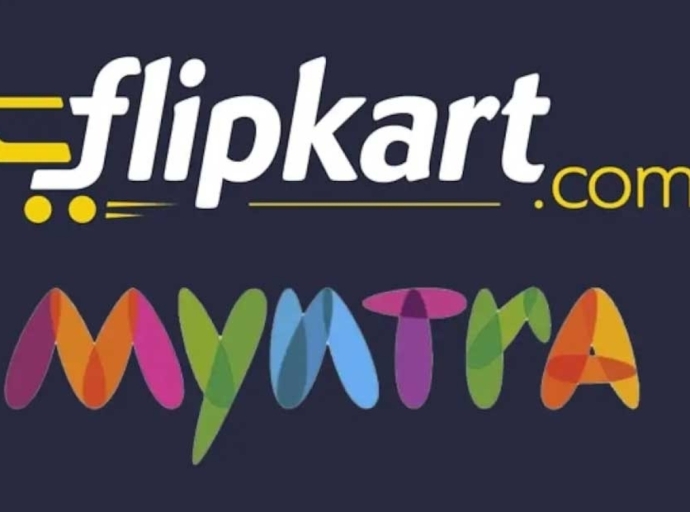Top fashion brands including H&M, Adidas, Calvin Klein, Biba and Marks and Spencer have partnered with Flipkart-owned fashion marketplace Myntra to go on discount of 50-80 per cent in the first online sale post Covid-19 lockdown.
The End of Reason Sale (EORS), scheduled to take place between June 19-22, is being looked upon by brands to bring the first wave of normalcy and to win back shoppers with value offers.
Last year, discounting by brands were more in line with industry trends. This year, it is more in line with consumer trends. Participating brands are giving 50-80 per cent value offers, said Amar Nagaram, Chief Executive Officer, Myntra.
The retailer’s average basket size rose 2X since retail reopened. It expects many first-time online fashion shoppers and bullish about Tier II and III markets as their access to fashion reduced considerably due to the lockdown
About 50 new brands including Charles & Keith, La Senza, Gant, Globus and Chicco have partnered with Myntra to stay relevant and capitalise on its wide distribution network. Even offline stores of brands such as Mango and Gap, and kiranas have been engaged for quicker and last mile delivery during the sale. The marketplace, which claimed to have made its biggest investment on safety and protocols in the last two months, expects to fulfill 15-20 per cent of the deliveries during the event.

























